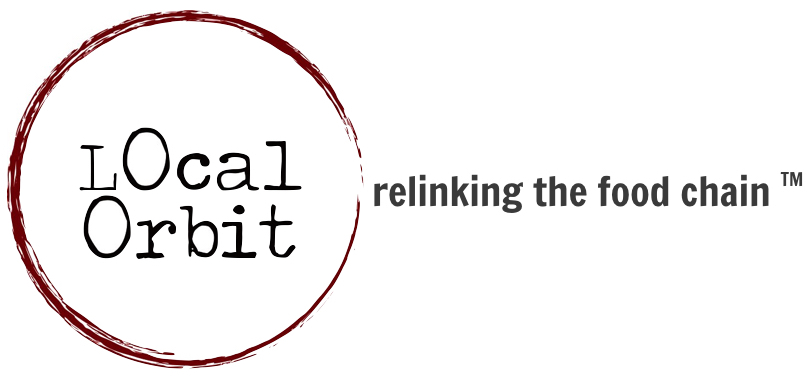
image from http://www.keepcalm-o-matic.co.uk/
I’m sharing my response to a recent thread on the National Good Food Network Food Hub Collaboration Discussion Group, started by a question:
We are wondering what policies (and how strict) have been put in place by other food hubs regarding individual producers making sales to existing food hub customers outside of the food hub. How have these policies worked? How have you enforced them?
While there were replies about specific policies, of varying complexities, the best advice on this thread was the simplest: “We have talked openly with our producers about their concerns.”
If a producer is selling elsewhere around the hub and competing against you, it could be that they don’t perceive enough value in your services, or the relationship needs to be further nurtured and differentiated from other sales channels.
As food hubs face increased competition from other distributors, understanding and refining your value proposition to both suppliers and buyers is critical.
Since your suppliers are also your customers, talking to them before constructing excessive policies and contracts is likely the best strategy. Through this discussion, you can both increase the producer’s understanding of your business needs and refine your approach to working together as collaborators – ensuring that you have more than a transactional relationship.
Collaboration outperforms policy – similar to Peter Drucker’s often cited “Culture eats strategy for breakfast.” Everyone working to build healthier, transparent, local supply chains is working to change entrenched legacy systems. The only way this will happen is by creating a culture of collaboration among partners.
Collaboration can be hard to manage in the flurry of day-to-day operations. But for food hubs and producers, developing a clear understanding of shared value – and working together to maintain it – ensures viability in the evolving food market.
A note: It’s generally good business for producers (and any business) to diversify their sales channels. This might take different forms – a farmers market or CSA alongside wholesale channels through a food hub, for example. It could be selling some products directly to processors/makers, and other products through food hub channels.
It’s important to understand whether your producers do have appropriate diversification to ensure their ongoing viability, and to demonstrate that you care about and will work with them to support this.
Related reading: Dan Hobbs of the Colorado Food Hub Network discusses competition and collaboration among food hubs in this interview we published in September.
Also published on Medium.
